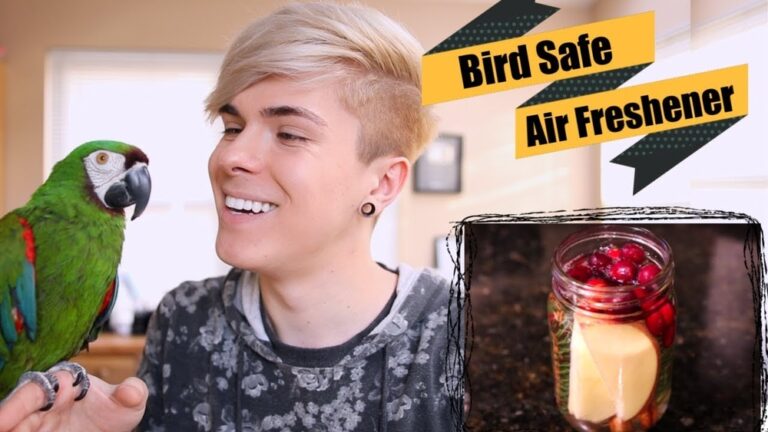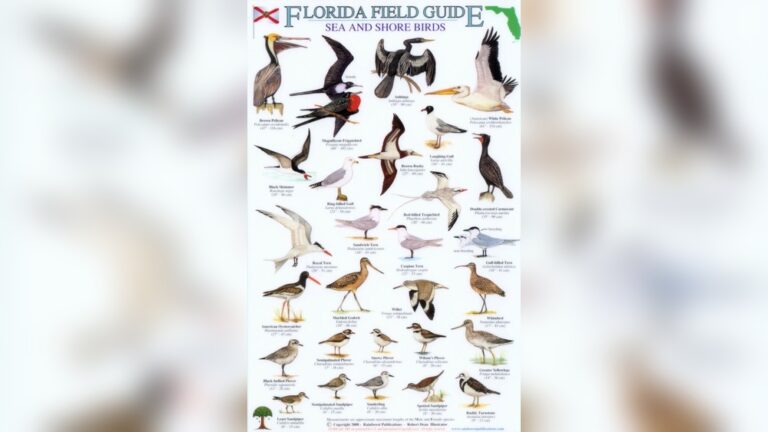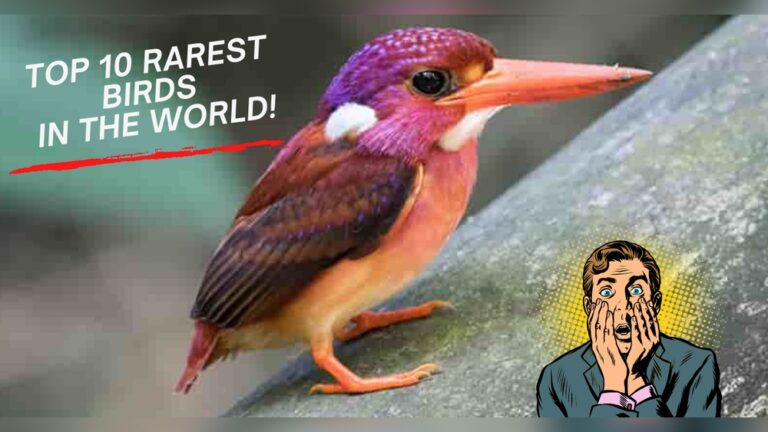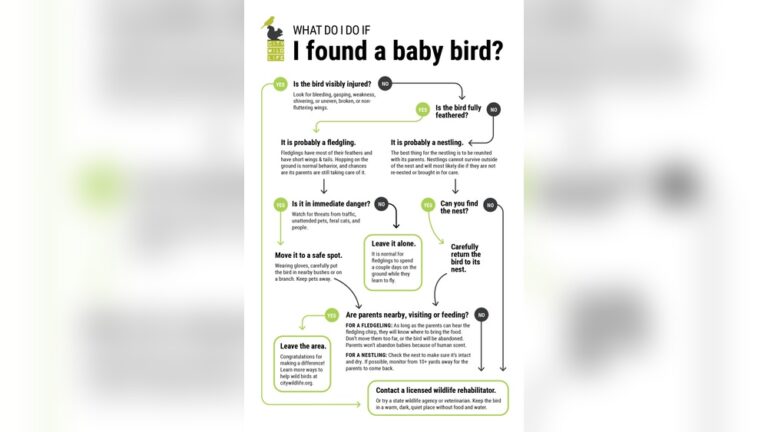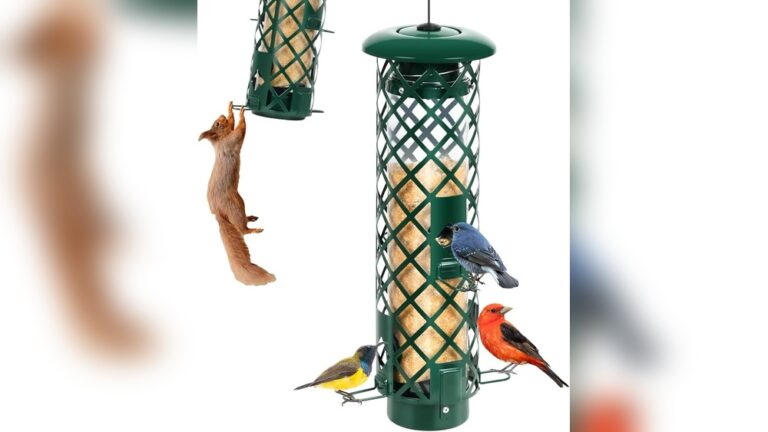Can You Kill Birds In Your Backyard
Have you ever wondered if you can kill birds in your backyard? Maybe a noisy flock is disturbing your peace, or certain birds are damaging your garden.
It’s natural to want to protect your space, but what are the rules and risks involved? Before you take any action, it’s important to know what’s allowed and what could get you in trouble. Keep reading to discover everything you need to know about dealing with birds in your backyard safely and legally.
Legal Rules On Backyard Bird Control
Controlling birds in your backyard involves more than just personal choice. Laws protect many bird species. These laws set clear limits on what you can do. Understanding these rules helps avoid legal trouble and protects wildlife.
Federal Wildlife Protection Laws
The Migratory Bird Treaty Act protects many common birds. It makes killing or capturing these birds illegal. This law covers most native birds in the United States. Violations can lead to fines or jail time. Always check if your bird species is protected.
State And Local Regulations
States have their own rules about bird control. Some states allow limited actions against nuisance birds. Local laws may add extra restrictions or permits. Check with your state wildlife agency for details. Local city ordinances might also apply.
Permits And Exceptions
Permits may allow bird removal or control in some cases. Exceptions exist for protecting crops or property. These permits often require proof of damage. Applying for a permit involves a formal process. Without a permit, killing birds remains illegal.
Common Reasons For Bird Removal
Birds can be beautiful visitors in your backyard. Sometimes, they cause problems that need attention. Understanding why people remove birds helps you make safe and smart choices. Here are common reasons for bird removal.
Damage To Property
Birds often build nests in roofs, vents, and gutters. Their droppings can ruin paint and wood surfaces. Large flocks may break plants and damage crops. Over time, this damage can be costly to fix.
Health And Safety Concerns
Bird droppings carry germs and parasites. These can cause diseases to humans and pets. Birds may also bring ticks and mites into homes. Their nests can block air vents and create fire hazards.
Nuisance And Noise Issues
Birds can be very noisy, especially in the early morning. Constant chirping or squawking disturbs peace. Large groups may leave feathers and debris everywhere. This mess can make yards look untidy and unpleasant.
Ethical Considerations
Thinking about killing birds in your backyard raises many ethical questions. Birds play a vital role in nature. They help control insects and spread seeds. Removing them can harm the balance of your local environment.
Ethics also ask us to treat animals with kindness. Many people feel uncomfortable causing pain or death to living creatures. Understanding these concerns helps us find better ways to handle bird problems.
Impact On Local Ecosystem
Birds support the health of plants and other animals nearby. They eat insects that damage crops and gardens. Losing birds can lead to more pests and weaker plants. This change may affect other wildlife relying on the same habitat.
Alternative Solutions
There are safe ways to keep birds away without harming them. Use bird feeders placed away from your garden. Try bird netting or reflective objects to scare them off. These methods protect your space while respecting nature.
Humane Treatment
If bird control is necessary, choose methods that cause no pain. Avoid traps that injure or kill. Seek advice from wildlife experts to find gentle options. Humane care shows respect for all living things around you.
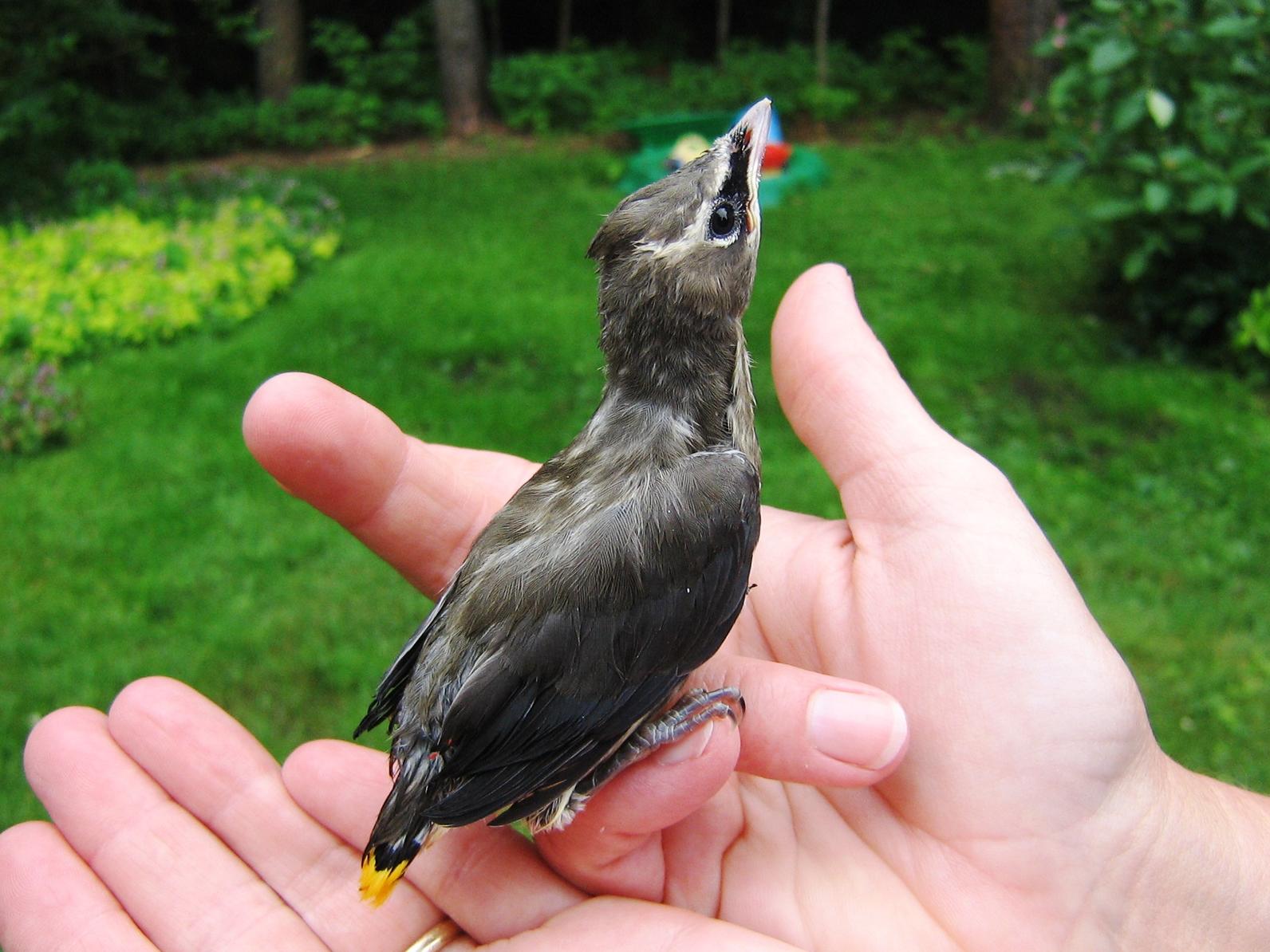
Credit: tx.audubon.org
Non-lethal Bird Control Methods
Controlling birds in your backyard without harming them is both kind and effective. Non-lethal bird control methods protect birds while keeping your space clean and safe. These methods work by discouraging birds from settling or causing damage.
Physical Barriers And Deterrents
Physical barriers stop birds from reaching certain areas. Netting is popular for protecting fruit trees and gardens. Spikes on ledges prevent birds from landing. Wire grids or mesh keep birds away from vents and roofs. These tools block birds without hurting them.
Sound And Visual Repellents
Sound repellents use noises to scare birds. Ultrasonic devices emit high-pitched sounds birds dislike. Recorded predator calls can keep birds alert and away. Visual repellents include shiny objects that move. Reflective tape and fake owls confuse and frighten birds.
Habitat Modification
Changing the environment makes it less attractive to birds. Remove food sources like open trash or pet food. Trim trees and bushes to reduce nesting spots. Use plants birds avoid planting near your home. Keep water sources limited to discourage visits.
Risks Of Illegal Bird Killing
Killing birds in your backyard is illegal in many places. It carries serious risks that affect you and the environment. Understanding these risks helps protect wildlife and keeps your community safe.
Many people do not realize the harm caused by killing birds unlawfully. It is not just about breaking the law. It also disrupts nature and can lead to strong negative reactions from neighbors and local groups.
Legal Penalties
Illegal bird killing can lead to heavy fines and jail time. Laws protect birds because they are important to the ecosystem. Authorities take these crimes seriously to stop harm to wildlife. Convictions can affect your record and future opportunities.
Environmental Consequences
Birds help control pests and pollinate plants. Removing them harms the balance of nature. It can cause insect populations to grow out of control. Loss of birds also affects other animals that depend on them for food.
Community Reactions
Neighbors often react strongly to bird killing. It can create fear and anger in your community. People value birds for their beauty and songs. Being known for harming wildlife can damage your reputation locally.
When Lethal Control Is Allowed
Controlling bird populations in your backyard is a sensitive topic. Many laws protect birds from harm. Still, lethal control may be allowed in certain cases. Knowing when it is legal helps avoid trouble.
These rules exist to balance wildlife protection and human needs. They also ensure bird species are not harmed unnecessarily. Below are key situations when lethal control might be permitted.
Specific Species Exceptions
Some bird species are not fully protected by law. These species may be hunted or removed if they cause damage. Examples include pigeons, starlings, and sparrows. These birds often harm crops or property. Laws vary by region, so check local rules first.
Emergency Situations
Emergency control may be allowed to stop immediate harm. For example, birds causing health risks or severe damage. This could happen during disease outbreaks or when birds damage power lines. Quick action in emergencies helps protect people and property.
Proper Procedures
Following the right steps is crucial before taking lethal action. Permits or licenses may be required. Contact local wildlife or environmental agencies for guidance. Use humane methods to avoid unnecessary suffering. Keeping records of actions taken may be necessary for legal reasons.
Working With Wildlife Professionals
Handling birds in your backyard requires care and knowledge. Working with wildlife professionals ensures safety for both you and the animals. These experts know the laws and best ways to manage birds humanely.
Hiring Licensed Experts
Licensed wildlife professionals have proper training and permits. They understand local laws about bird control. Hiring them prevents legal problems and protects birds. These experts identify the species and choose the best approach. Trusting licensed experts reduces risks and stress.
Safe Removal Practices
Professionals use safe methods to remove birds from your yard. They avoid harming the birds or damaging your property. Experts use traps and deterrents that are humane. They handle nests carefully to protect baby birds. Safe removal keeps your family and pets safe too.
Long-term Management Plans
Wildlife professionals create plans to keep birds away long-term. They suggest changes in your yard to discourage birds. Experts may recommend removing food sources or blocking entry points. These plans reduce bird problems without killing them. Long-term solutions protect your space and respect wildlife.

Credit: www.youtube.com

Credit: www.youtube.com
How Smart Pets Lover Can Help You with Can You Kill Birds In Your Backyard
Finding Practical Learning in Backyard Bird Control
It’s natural to wonder about the limits of managing birds in your backyard, especially when conflicts arise. As we’ve discussed, understanding the legal rules on backyard bird control is crucial before considering any action. This knowledge not only keeps you compliant but also opens the door to exploring non-lethal bird control methods that protect local wildlife and maintain the harmony of your outdoor space.
Beyond regulations, this topic offers a unique chance to deepen your connection with nature. Observing bird behavior and experimenting with humane deterrents—like visual scares or sound devices—can be both educational and rewarding. For pet parents and nature lovers alike, these moments foster empathy and respect for all creatures, fitting perfectly with a caring approach to animals.
If challenges persist, collaborating with wildlife professionals is a wise step. They provide expert guidance rooted in ethical considerations and legal frameworks, ensuring that any measures taken are responsible and informed.
Remember, learning about backyard bird control is not just about solving problems—it’s about growing as a compassionate steward of the animals that share our environment. For more insights, organizations such as your local wildlife agency or the Smart Pets Lover community can be invaluable resources.
Frequently Asked Questions
Can You Legally Kill Birds In Your Backyard?
In most places, killing birds is illegal due to wildlife protection laws. Exceptions exist for pest control but require permits. Always check local regulations before taking any action against birds in your backyard.
What Are Humane Ways To Deter Backyard Birds?
Use bird feeders, decoys, or noise devices to deter birds humanely. Physical barriers like netting also work. Avoid harming birds to maintain local wildlife balance and comply with laws.
Why Is Killing Birds Harmful To The Environment?
Birds help control pests, pollinate plants, and maintain ecosystems. Killing them disrupts food chains and biodiversity. Protecting birds preserves environmental health and supports natural balance.
Can Backyard Bird Control Improve Garden Health?
Yes, managing bird populations can protect crops from damage. However, use non-lethal methods to avoid harming beneficial species. Proper control promotes a healthy garden ecosystem without ecological harm.
Conclusion
Birds add life and beauty to any backyard. Killing them can harm the local environment. Many birds help control pests naturally. Laws protect most birds, making harm illegal. It’s better to find peaceful ways to manage your yard. Think about safe options that keep birds and plants healthy.
Respect for wildlife creates a balanced and happy outdoor space. Choose kindness and care for all creatures around you.

